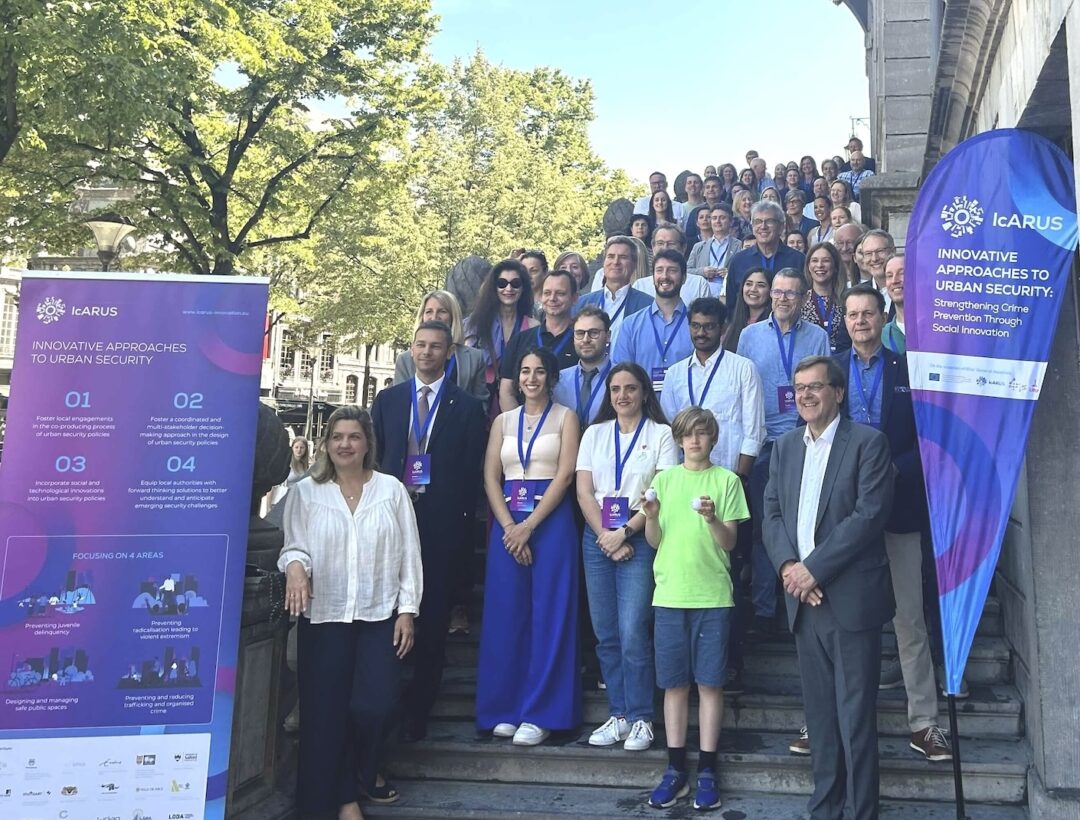 Paris, France, May 2020 – The public health crisis linked to Covid-19 has had a considerable impact on the development and use of technologies to support the fight against the pandemic, especially those driven by artificial intelligence systems. However, we need to carefully weigh the impact of these new technologies on the protection of fundamental rights.
Paris, France, May 2020 – The public health crisis linked to Covid-19 has had a considerable impact on the development and use of technologies to support the fight against the pandemic, especially those driven by artificial intelligence systems. However, we need to carefully weigh the impact of these new technologies on the protection of fundamental rights.
> The benefits of artificial intelligence
Artificial intelligence can support researchers in better understanding the virus, mapping its potential evolution and searching for cures. It can help policy and decision makers to identify relevant information in the massive influx of research on the subject. AI systems can also help improve public access to information or be used by large IT companies to detect fake or misinformation on the virus.
However, the use of location data on a large scale can have consequences for data protection, privacy and informational self-determination. The most controversial developments are linked to population surveillance and the enforcement of physical distancing measures, both aspects that are particularly visible at the local level.
> European local authorities use apps to help the population and trace the virus
European local and regional authorities are using various types of mobile applications to locally tackle the spread of the virus. The Region of Catalonia (ES) has developed an app that allows individuals to enter their symptoms, receive a diagnosis and be monitored by the health services. Since mid-March, the app has been downloaded over half a million times. The collected data is used to map the virus’ spread.
Hoping to reduce the pressure on the city’s hospitals and health care workers, Vienna (AT) has developed an app through which quarantined citizens can submit daily reports on their health status. The city’s health service receives this data and can initiate medical assistance when symptoms become threatening.
The city of Nuremberg (DE) updated an existing app – used by over 60 municipalities and now delivering information on the virus tailored to local needs – in order to provide information in seven languages, making it accessible to vulnerable populations such as migrants and refugees.
In order to ensure access to services for elderly people who are not connected to the internet, the city of Bamberg (DE) launched a telephone platform that puts them in contact with volunteers.
Contact tracing mobile applications, such as “StopCovid” that the French government wants to put in place in early June, monitor the contact chain of individuals and inform those who have come close to an infected person. The city of Nice (FR) has been trialling an AI software to monitor who wears a mask or not in public spaces. The system uses images from security cameras to calculate the percentage of the public that complies with the rules.
Some technological tools already in use before the health crisis are now gaining traction in the context of the fight against the pandemic. One example is the use of drones to enforce physical distancing, which was recently the object of a court ruling in France forbidding their use in Paris.
> What consequences for data protection and individual freedoms?
Most governments contemplating the use of similar apps only want to store the collected data for a few weeks. However, questions remain about data protection and the right to privacy because of the highly sensitive character of medical data and doubts about the capacity or even intention of governments to put the necessary safeguards in place. The use of drones to monitor physical distancing raises questions about the legal and ethical implications for fundamental rights such as the freedom of assembly and of association.
> Efus’ working group on innovation and security
Local authorities are faced with daunting responsibilities in the fight against the pandemic, not least in managing the use of information technologies to monitor the spread of the virus and enforce containment measures. They must be able to choose the most appropriate technology according to their specific local context and the needs of their population while ensuring that fundamental freedoms are respected.
This challenge goes beyond the pandemic as many voices throughout the world already warn against the emergence of a surveillance society that would endanger our individual right to privacy.
In order to help local authorities navigate this new environment and exchange among peers, Efus set up in 2018 a working group on Innovation & Technology. It seeks to harness the opportunities of smart and hyper connected cities to improve crime prevention and urban security. The purpose is to share prospective reflections and insights on innovative strategies, both in the social and technological realms, that can be applied to urban security.
> A series of web conferences on technologies and urban security
Furthermore, in order to promote the exchange of experiences among peers, Efus is organising a series of web conferences on the use of technologies in urban security. The first one on “Using technologies to control the pandemic: Could privacy also be a victim of Covid-19?” was held on 26 May. The next one, on “Technologies based on artificial intelligence in urban security: predictive policing”, will be broadcast online on 25 June at 11:00 CET. Registration is free and open here. We hope that many of you will join us.
For more information, you may contact Pilar De La Torre delatorre@efus.eu or Pauline Lesch lesch@efus.eu





